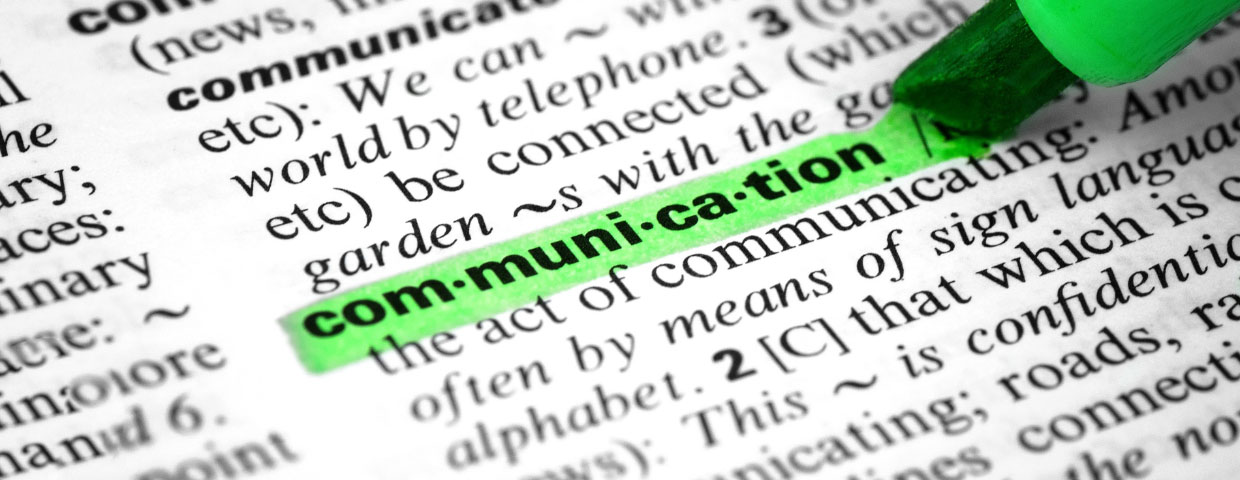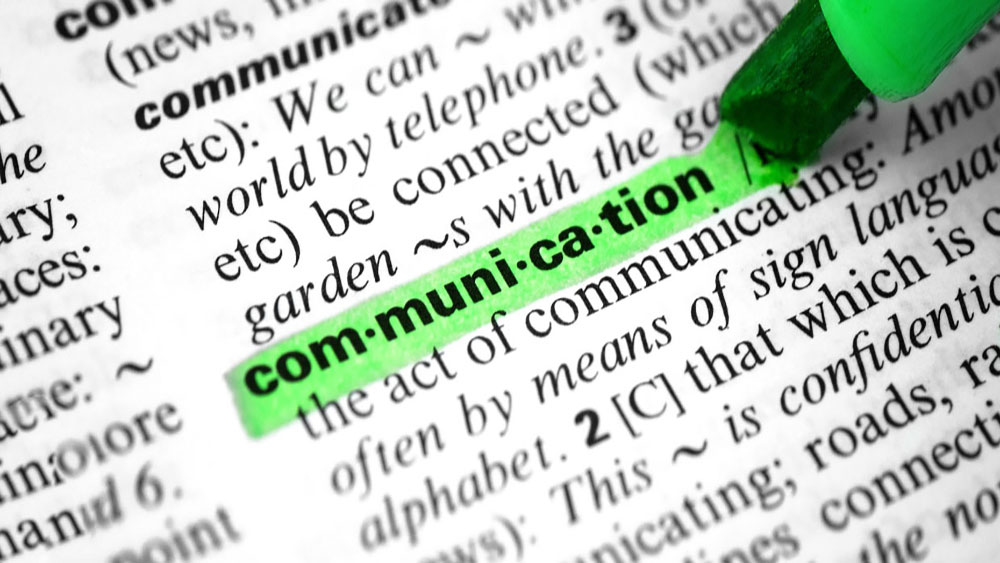
Israel has always been a magnet for hyperbolic accusations of Apartheid, fascism and dictatorship (among others). Recently, these themes have become a part of daily discourse in Israel, polarizing society and distorting truth. This article will explore the various dangers of hyperbole, in context.
While hyperbole is a valid literary convention used to express extremes, it arguably has no place in political dialogue, where its main purpose is to earn cheap political points. Hyperbolic usage devalues a word's true meaning, whether historically or linguistically. Worse, points can be scored without anyone (either speaker or hearer) ever understanding the full implications of the comparison. As people in general use their critical thinking ability less and less, this becomes more and more of a problem.
The first reason that hyperbole is dangerous is that it can cheapen historical events. Several weeks ago, Barcelona’s mayor announced that she was cutting off the decades-old “twin city” relationship between Barcelona and Tel Aviv in response to “Israeli apartheid.”
This classic anti-Israel trope is an excellent example of disrespecting history.
Apartheid was a governmental policy in South Africa between the 1950s and the 1990s, which separated South Africa’s population on the basis of race in every area of life, from bathrooms to higher education. Black citizens could not vote or hold elected office. Eventually, puppet states for black citizens were cordoned off from the rest of South Africa, and many black South Africans were forced to give up their South African citizenship and move to these areas, which were effectively ghettos.
In contrast, Israel is a democratic state, in which all citizens, Jews and Arabs alike, can vote, hold office, and use shared facilities. Arab students study at Israeli universities and, as minority students, receive scholarships. Many Israeli doctors are Arab. Israel has mixed cities, such as Haifa and Lod, where Jews and Arabs live side by side.
Palestinian Arabs from Judea and Samaria, which Israel captured from Jordan during the Six-Day War, do not hold full Israeli citizenship, and do not have free entry to Israel proper. *
However, while Israel is certainly not perfect, comparing these Palestinians to black South Africans under Apartheid is illogical for the following reasons:
- South Africa cordoned off undisputed sovereign territory to form pseudo-states and resettled black South Africans from other areas. Israel conquered Judea and Samaria in the context of war and inherited the Palestinian population already living there.
- The black and mixed-race South Africans were born with South African citizenship which was revoked. Palestinians in Judea and Samaria never held Israeli citizenship.
- Black South Africans had no opportunity of integrating into white South African society, regardless of their merit. Palestinians from Judea and Samaria can study in Israeli universities and advance in society.
- The purpose of the South African pseudo-states was to subjugate the non-white population. Israel differentiates between Israeli citizens (Jewish and Arab) and Palestinians born in Judea and Samaria to preserve its security.
Comparing Israeli policy in Judea and Samaria to South Africa’s historical policy of racial discrimination dulls the horror of true South African Apartheid. Instead of better understanding Israel, those who invoke “Apartheid” are fostering confusion, not only about Israel’s history, but also about South Africa’s!
This principle also holds for Holocaust comparisons, accusations of “Nazism” and “fascism” etc. It is possible to learn from historical tragedy without disrespecting the experience of those who suffered through it. In parallel, it is possible to hold a respectful dialogue about relevant current issues without borrowing legitimization. A just case will stand on its own evidence alone.
Hyperbole is also dangerous because it destabilizes the human understanding of “relative evil” in the present. True dictatorships and human rights abuses exist today, but when these words are used to describe comparative injustice in the context of Western democracy, the result is not only that more minor crises are exaggerated, but also that true crises often aren’t fully appreciated.
The explosive reaction to the Israeli judicial reform bill is a good example of this. The bill was immediately hailed as the “end of democracy” and a “dictatorship,” by many prominent Israelis. Media outlets and hundreds of thousands of citizens have picked up this cry which has evolved into over two months of nation-wide protests, threats of violence, military insubordination and general chaos.
The protesters’ concerns about the legislation are legitimate, but the mistake was to brand the entire reform as dangerous. While healthy democracy relies on criticism, it should always be constructive criticism, which includes a balanced recognition of success as well as of disagreement or failure. Constructive criticism allows room for negotiation, while unmitigated criticism generally fuels resentment and defensiveness. The opposition to the reform was, and continues to be, alarmist and inflammatory. As a result, the reform has become an extremely polarized issue instead of a topic for thoughtful and respectful debate.
In parallel, Israel is facing one of the worst bouts of terror in years. 14 Israelis have been murdered in cold-blooded terror attacks since the beginning of the year, dozens of Palestinians (mostly militants, but also some civilians) have been killed in armed clashes and hundreds injured. Rock-throwing is a daily reality for Jews living in Judea and Samaria. And with Ramadan, the Muslim month of fasting, just around the corner, it is likely that the violence will only escalate. But instead of standing shoulder to shoulder against this legitimate shared threat, many government officials continue to encourage polarization over judicial reform.
Policy disagreements should be handled in a calm and rational manner that aims for compromise. When democratic legislation (however controversial) is called the beginning of a dictatorship, the sense of proportion and appreciation for real suffering, oppression, danger and want are lost. Israel is not a dictatorship. Even using this word bespeaks how very little we in the West understand what true dictatorship means.
Finally, hyperbole threatens the future of Western society because it is inexact. Hyperbole was intended to be understood as exaggeration. When used in a political context, where it can be taken seriously, it invalidates linguistic precision and blunts the human capacity for rational thought and communication.
Language and thought are inseparable. Where language is complex, thought can be also. When thought is simple or routine, it demands no complexity of expression. Where nuance of expression exists but the capacity for critical thinking has deteriorated, the nuance of expression becomes obsolete, easily discarded and forgotten. And where there is no nuance, there is no diversity of thought and no accountability. The world becomes either black or white. It is a slippery slope. **
In conclusion, when incorrectly used, hyperbole is dangerous to the understanding of relative good and evil, be it historical, current, or abstract. Since leaders (political and otherwise) hold great sway over the development of collective understanding and judgement, they must begin to take seriously the impact of their words – before they are spoken. That said, every human being is likewise endowed with the ability to think critically and communicate clearly. It is our responsibility, especially as believers in Yeshua, not to be indifferent to inaccuracy, but to provide accountability and to prayerfully seek dialogue and truth.
*It is important to add that Judea and Samaria are not recognized by most people as belonging to Israel and are traditionally considered the main territorial basis for a future Palestinian state. Therefore, granting residents of these territories Israeli citizenship is fairly illogical, and would invalidate the Palestinian claim to statehood.
**The brilliant 20th century author George Orwell anticipated in his novel 1984 a time when not only would language erode through lack of appreciation and misuse but would be actively and intentionally destroyed. While this is of course not yet the state of affairs today, the destruction of nuance and the emphasis on conceptual polarization are highly relevant. The following quote is illustrative of this point. Orwell’s character Syme, a philologist, says to the book’s protagonist, Winston,
You think, I dare say, that our chief job is inventing new words. But not a bit of it! We’re destroying words — scores of them, hundreds of them, every day. We’re cutting the language down to the bone … It’s a beautiful thing, the destruction of words … Take [the word] “good,” for instance. If you have a word like “good,” what need is there for a word like “bad”? “Ungood” will do just as well — better, because it’s an exact opposite, which the other is not. Or again, if you want a stronger version of “good,” what sense is there in having a whole string of vague useless words like “excellent” and “splendid” and all the rest of them? “Plusgood” covers the meaning, or “doubleplusgood” if you want something stronger still … In the end the whole notion of goodness and badness will be covered by only six words — in reality, only one word. Don’t you see the beauty of that, Winston?
Share this Post


2 Comments on “The Dangers of Political Hyperbole”
Always enjoy your articles. This one was particularly good and thought provoking. We have much to pray about!
A very level-headed and rational perspective. Two things that seem to be lacking in politics generally.